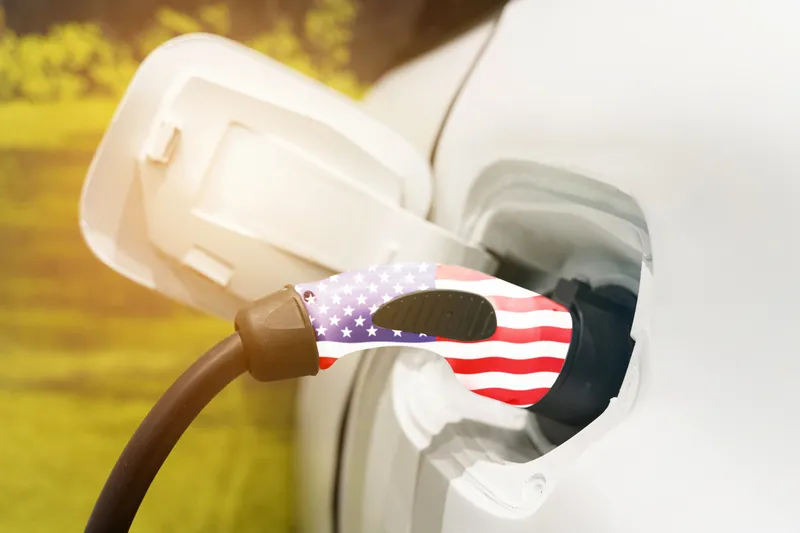By 2015, electric vehicle (EV) drivers in the Netherlands will never be more than 50 kilometres from a fast charging station. Power and automation technology company ABB has been selected by Fastned to supply chargers to more than 200 electric vehicle fast-charging stations in the Netherlands. Each of the more than 200 Fastned stations will be located a maximum of 50 kilometres apart along all Dutch highways. The stations will be equipped with several multi-standards fast chargers, such as the 50 kW Terra
July 8, 2013
Read time: 2 mins
By 2015, electric vehicle (EV) drivers in the Netherlands will never be more than 50 kilometres from a fast charging station. Power and automation technology company 4540 ABB has been selected by Fastned to supply chargers to more than 200 electric vehicle fast-charging stations in the Netherlands.
Each of the more than 200 Fastned stations will be located a maximum of 50 kilometres apart along all Dutch highways. The stations will be equipped with several multi-standards fast chargers, such as the 50 kW Terra 52 and Terra 53 models, capable of charging electric vehicles in 15-30 minutes. The first fast chargers are due to be delivered in September 2013, while construction of the Fastned stations, which will have solar canopies, is expected to be completed by 2015.
ABB’s multi-standard design ensures that the network will be capable of serving EVs offered by all major car brands from Europe, Asia and the USA. ABB’s open standards-based cloud connectivity solution allows Fastned to create a user-friendly payment and access service for all drivers.
“Fastned chose ABB for its proven expertise in deploying and managing nationwide EV charging networks,” said ABB’s Ulrich Spiesshofer. ABB provides the chargers and industry-leading software solutions for remote servicing as well as connectivity to subscriber management and payment systems.”
“This countrywide network of locations will provide the basis for the commercially viable development of e-mobility,” said Bart Lubbers, one of Fastned’s founders. “I foresee a race towards faster charging and larger batteries throughout the car industry.”
Each of the more than 200 Fastned stations will be located a maximum of 50 kilometres apart along all Dutch highways. The stations will be equipped with several multi-standards fast chargers, such as the 50 kW Terra 52 and Terra 53 models, capable of charging electric vehicles in 15-30 minutes. The first fast chargers are due to be delivered in September 2013, while construction of the Fastned stations, which will have solar canopies, is expected to be completed by 2015.
ABB’s multi-standard design ensures that the network will be capable of serving EVs offered by all major car brands from Europe, Asia and the USA. ABB’s open standards-based cloud connectivity solution allows Fastned to create a user-friendly payment and access service for all drivers.
“Fastned chose ABB for its proven expertise in deploying and managing nationwide EV charging networks,” said ABB’s Ulrich Spiesshofer. ABB provides the chargers and industry-leading software solutions for remote servicing as well as connectivity to subscriber management and payment systems.”
“This countrywide network of locations will provide the basis for the commercially viable development of e-mobility,” said Bart Lubbers, one of Fastned’s founders. “I foresee a race towards faster charging and larger batteries throughout the car industry.”








